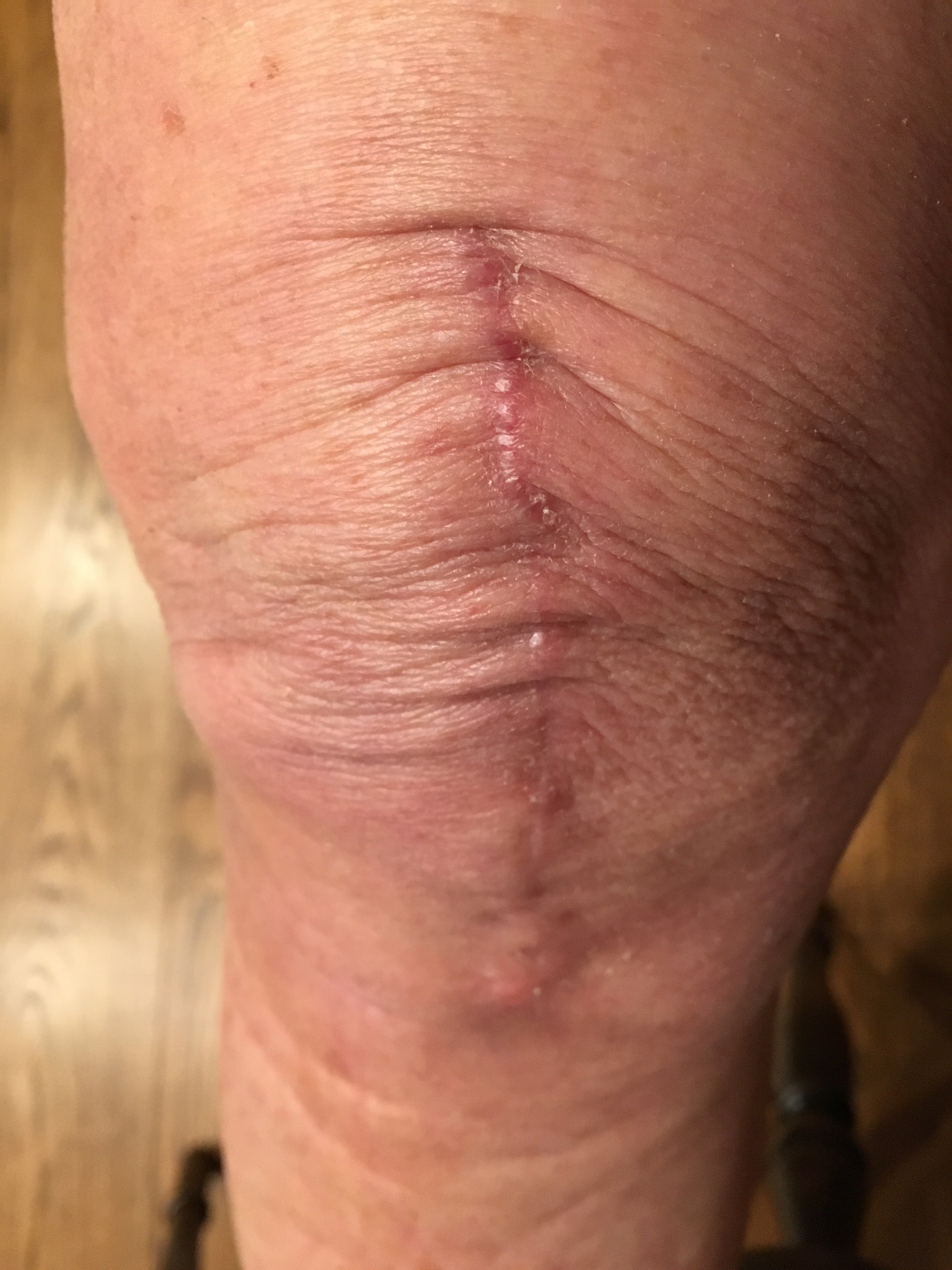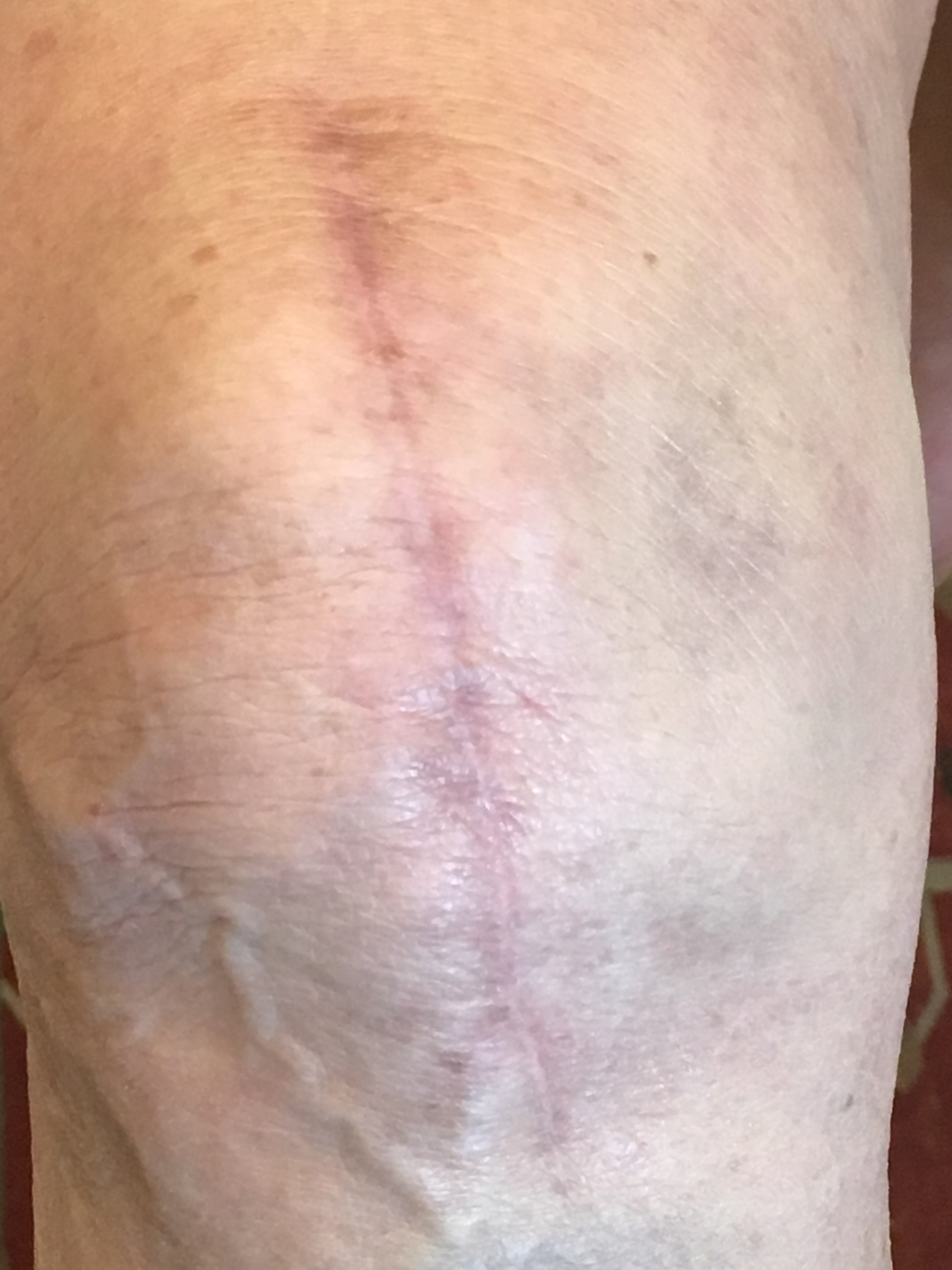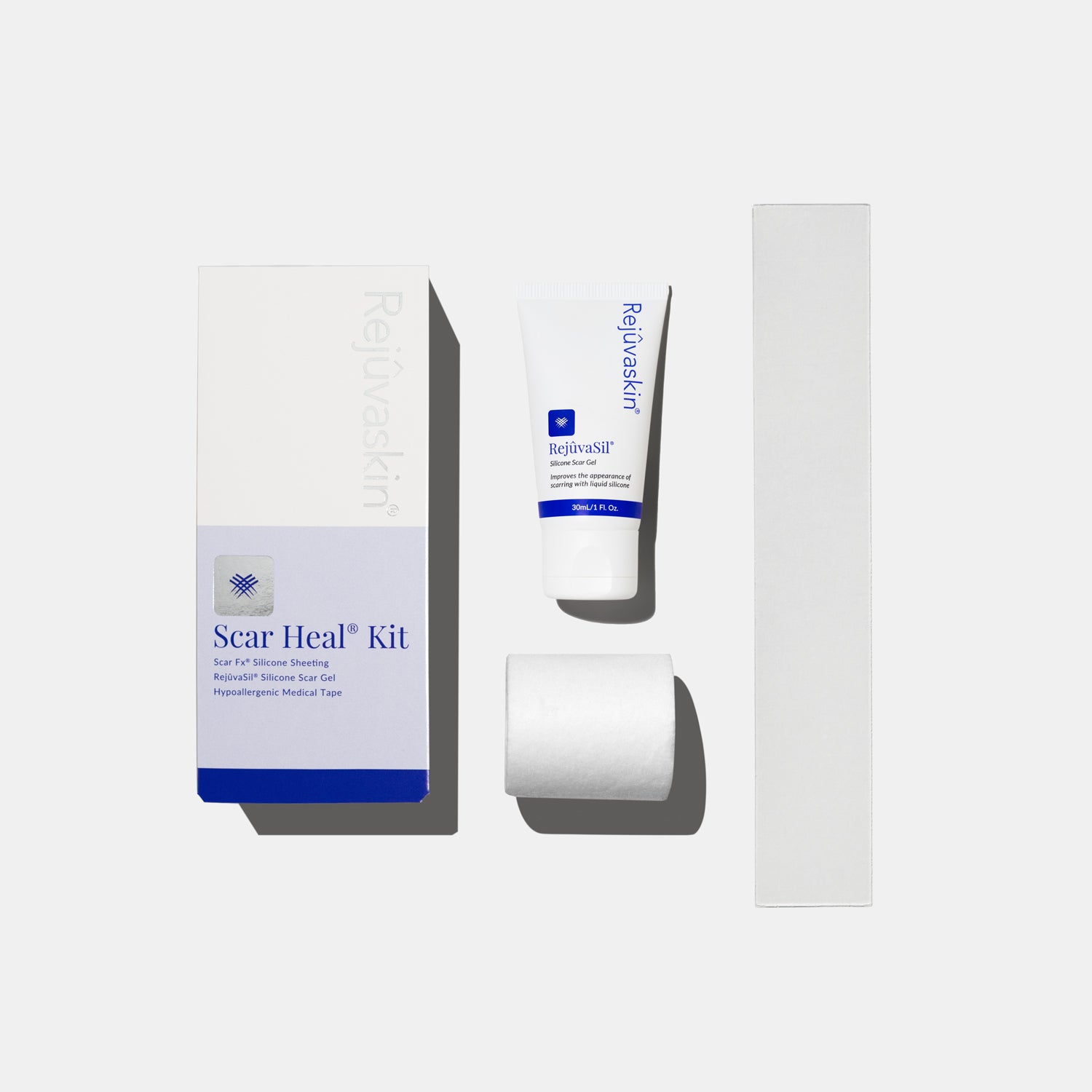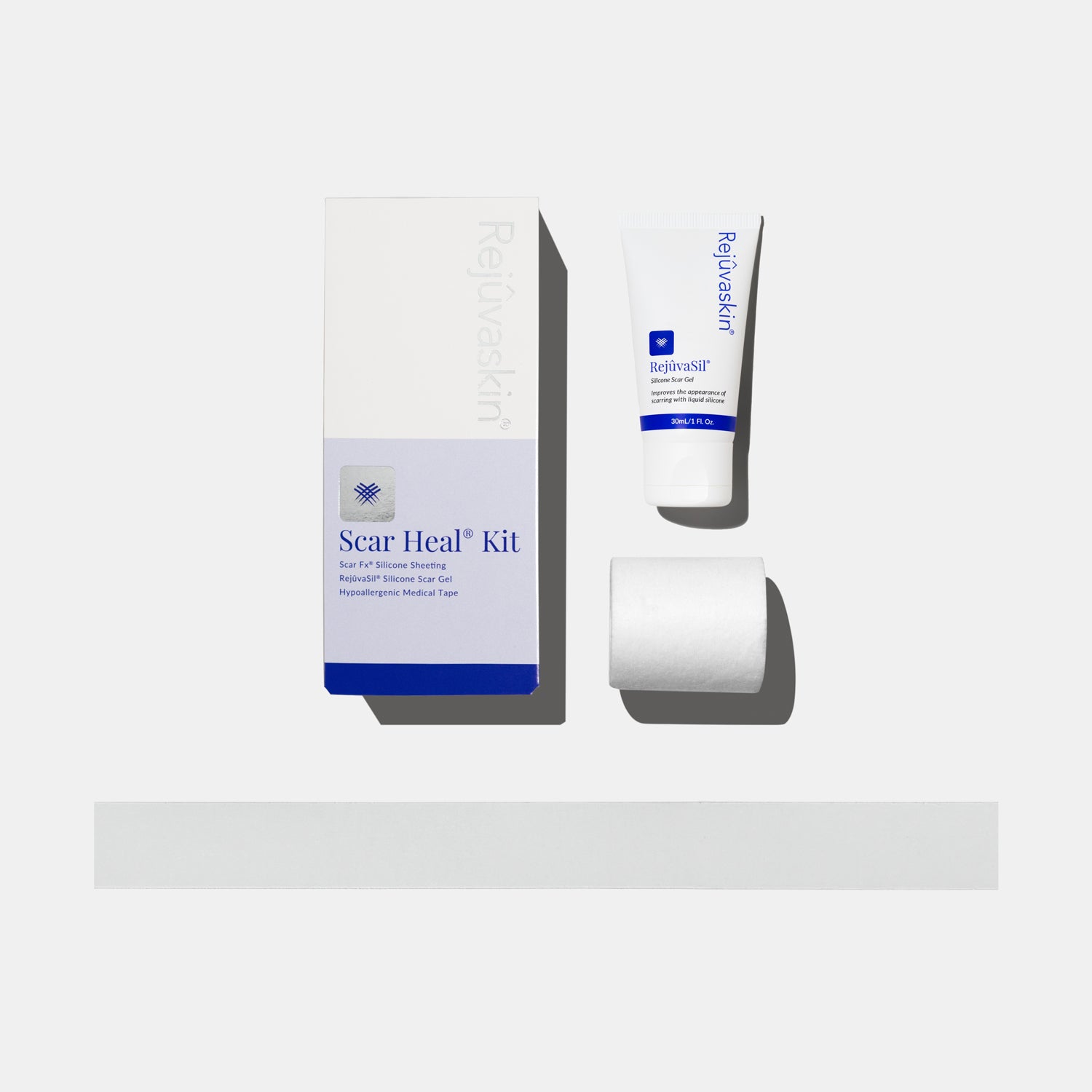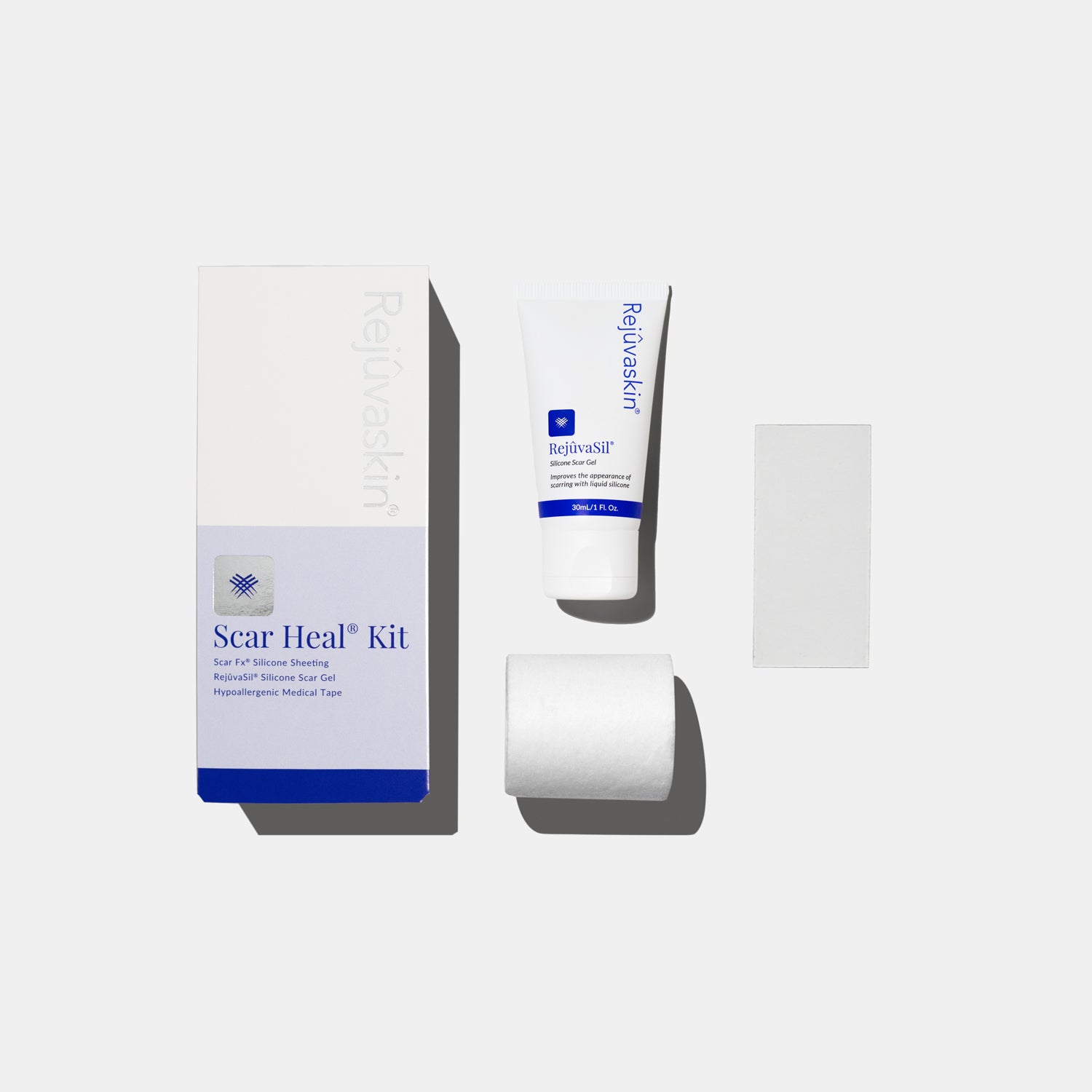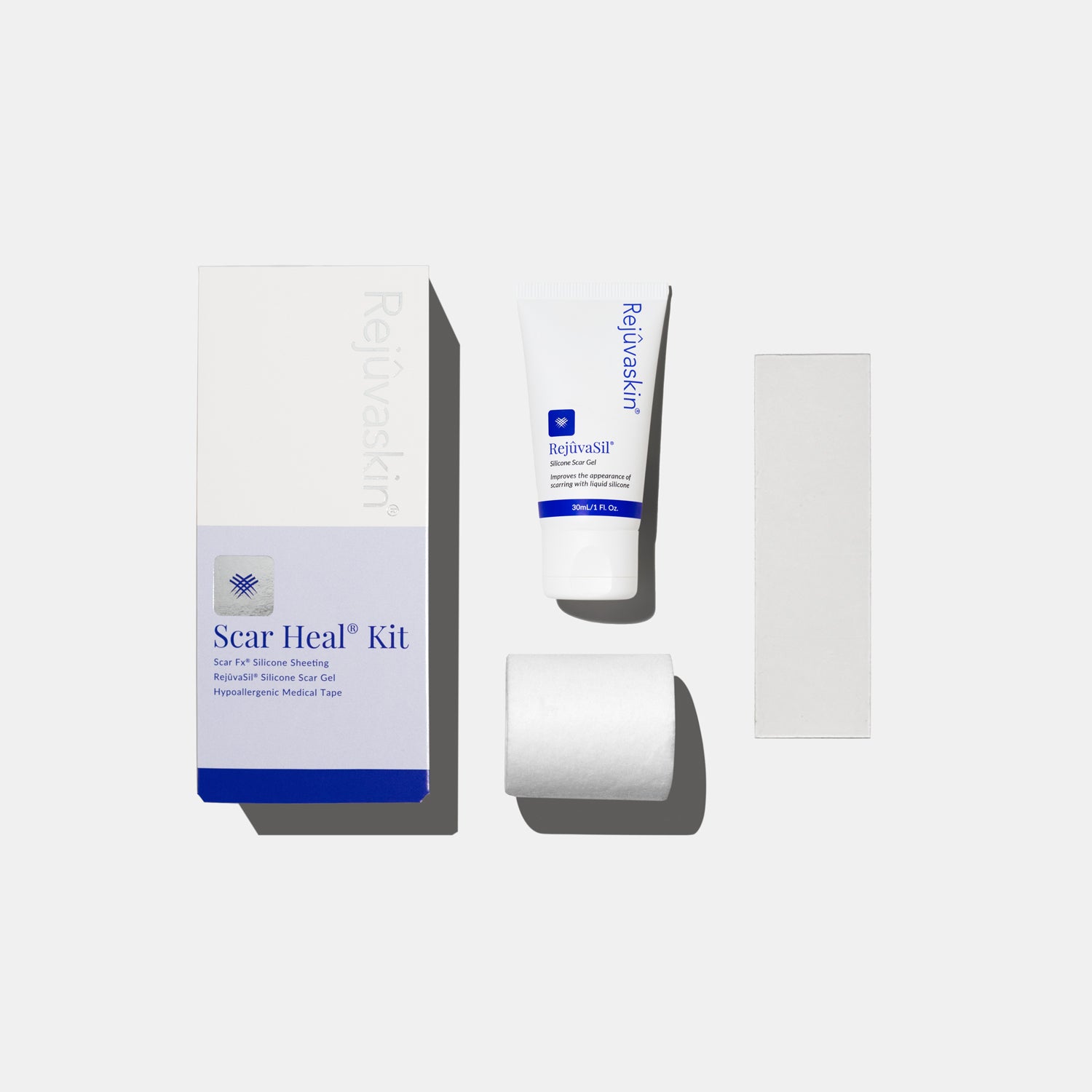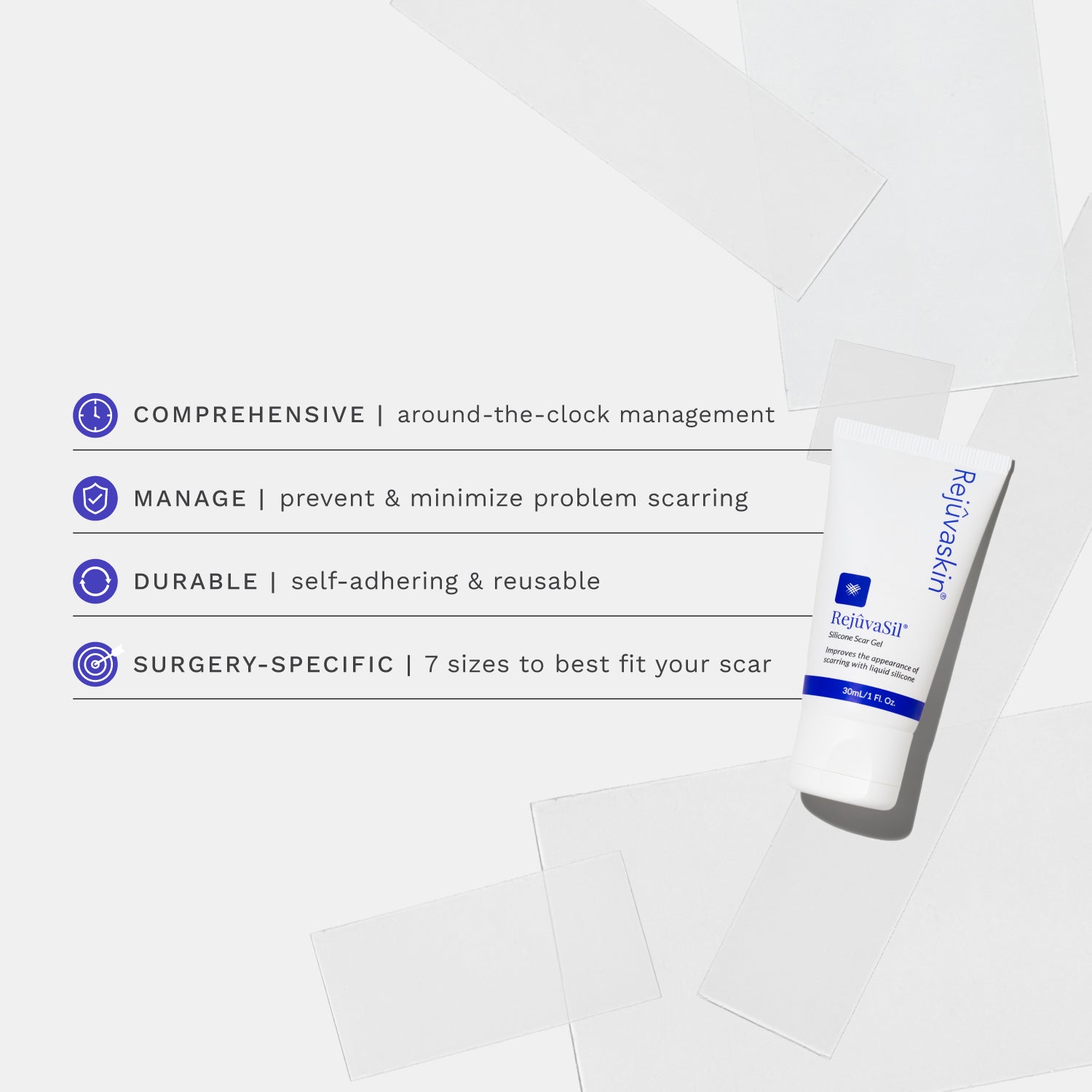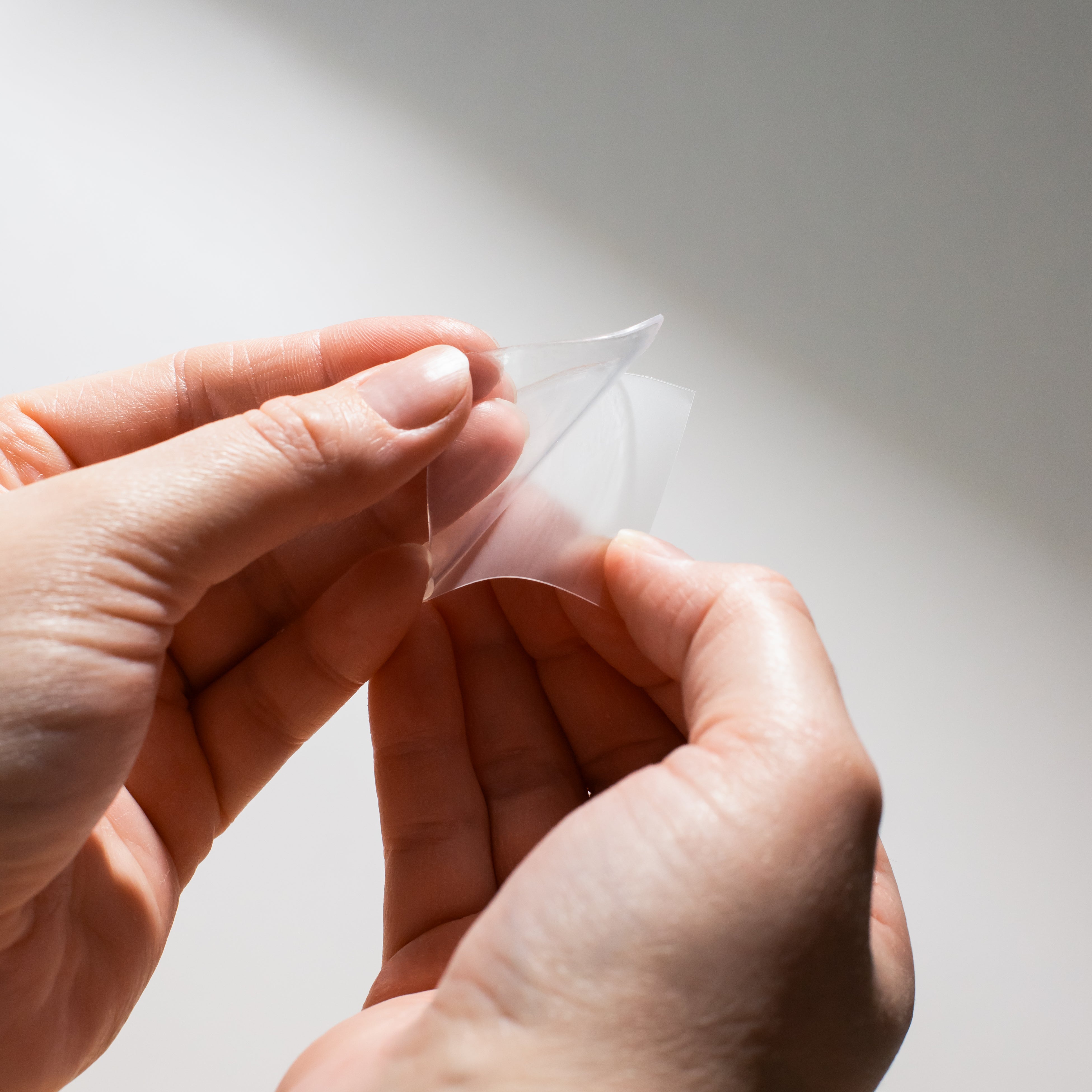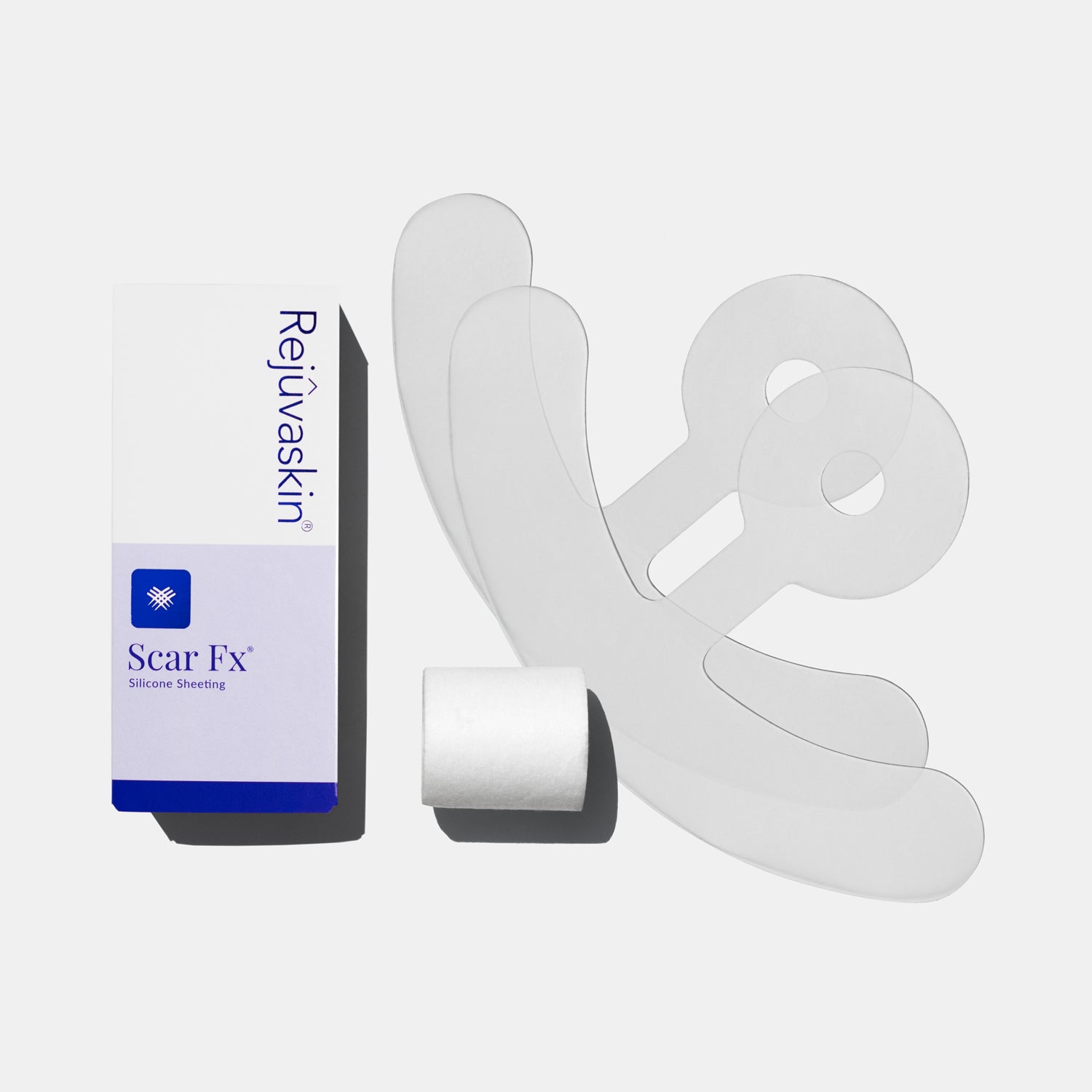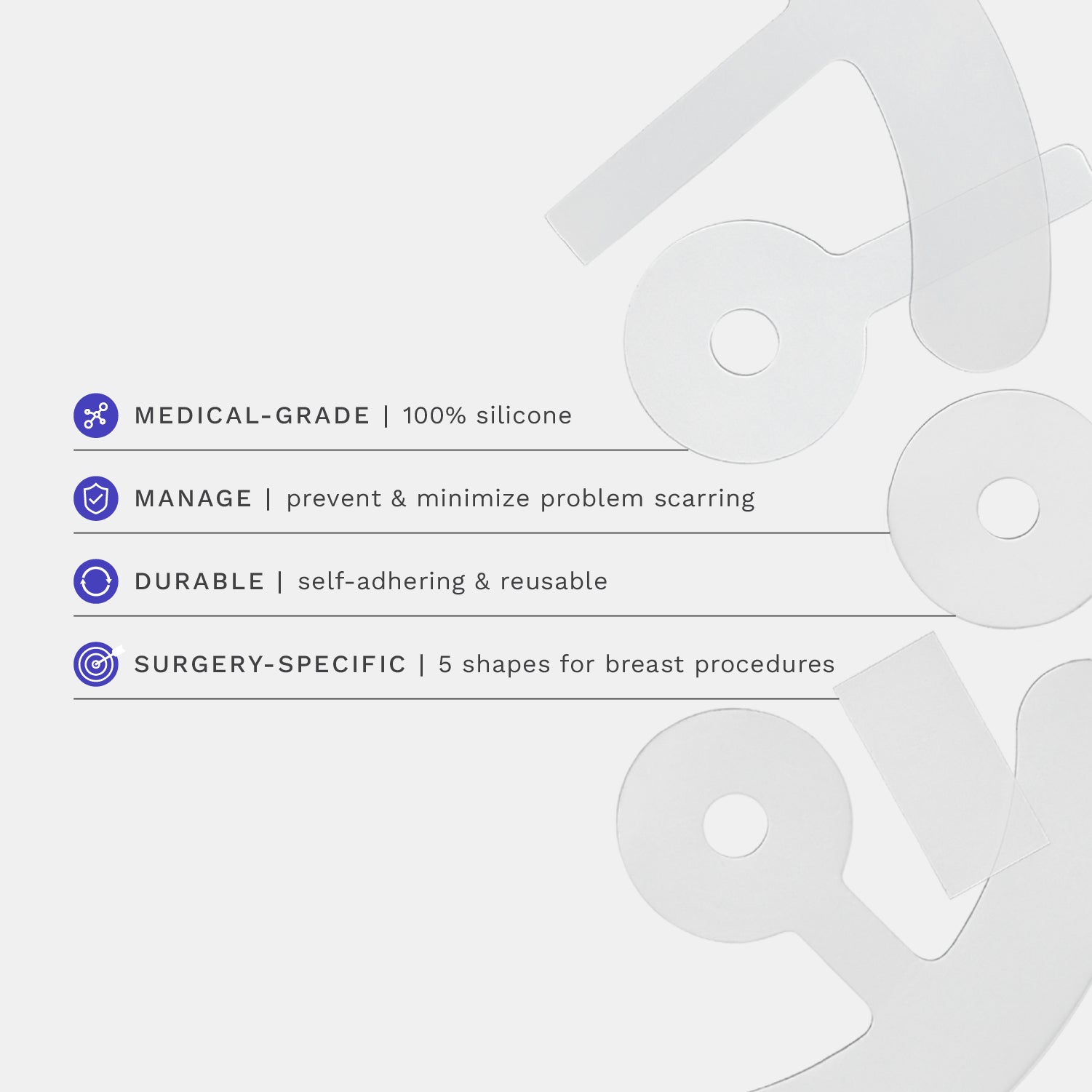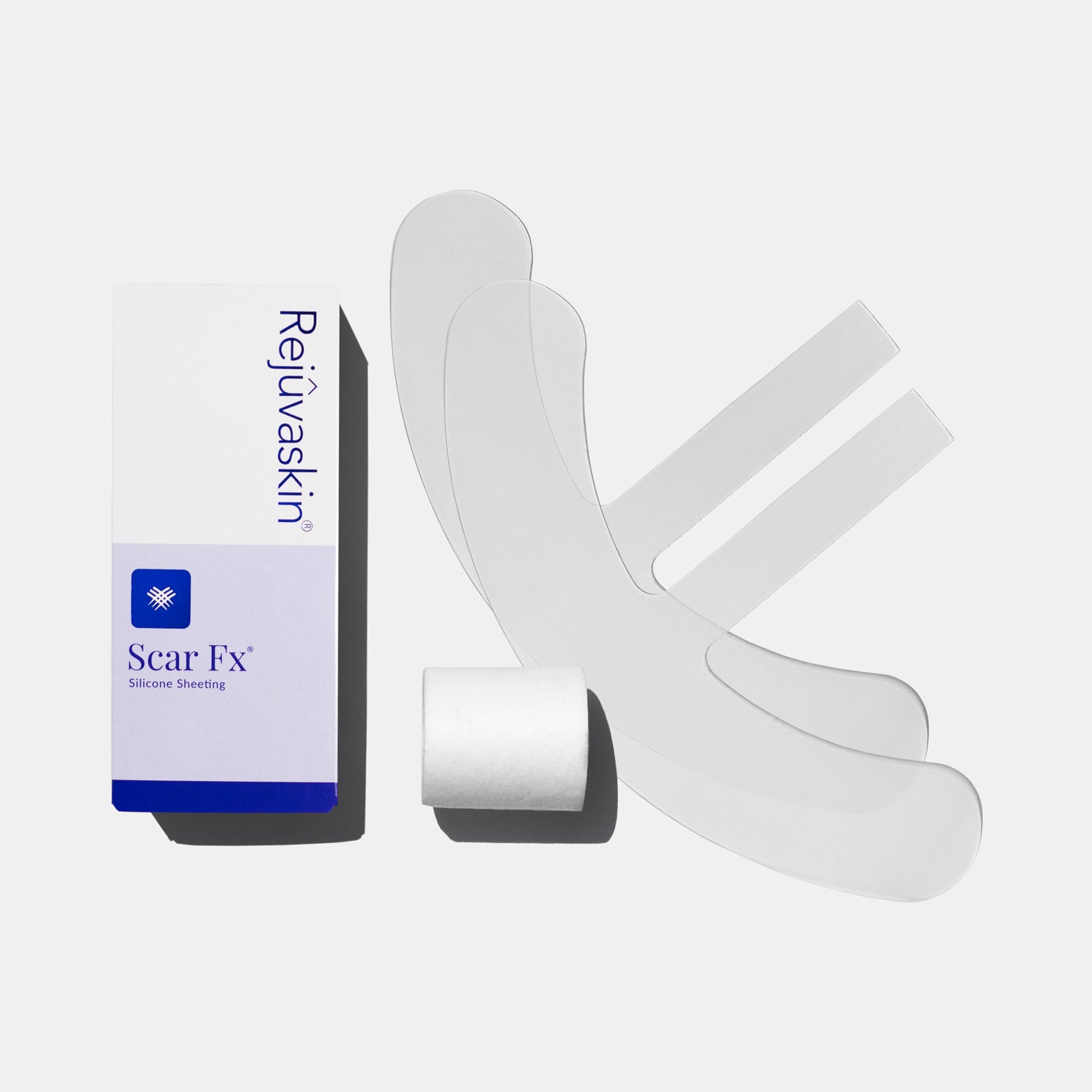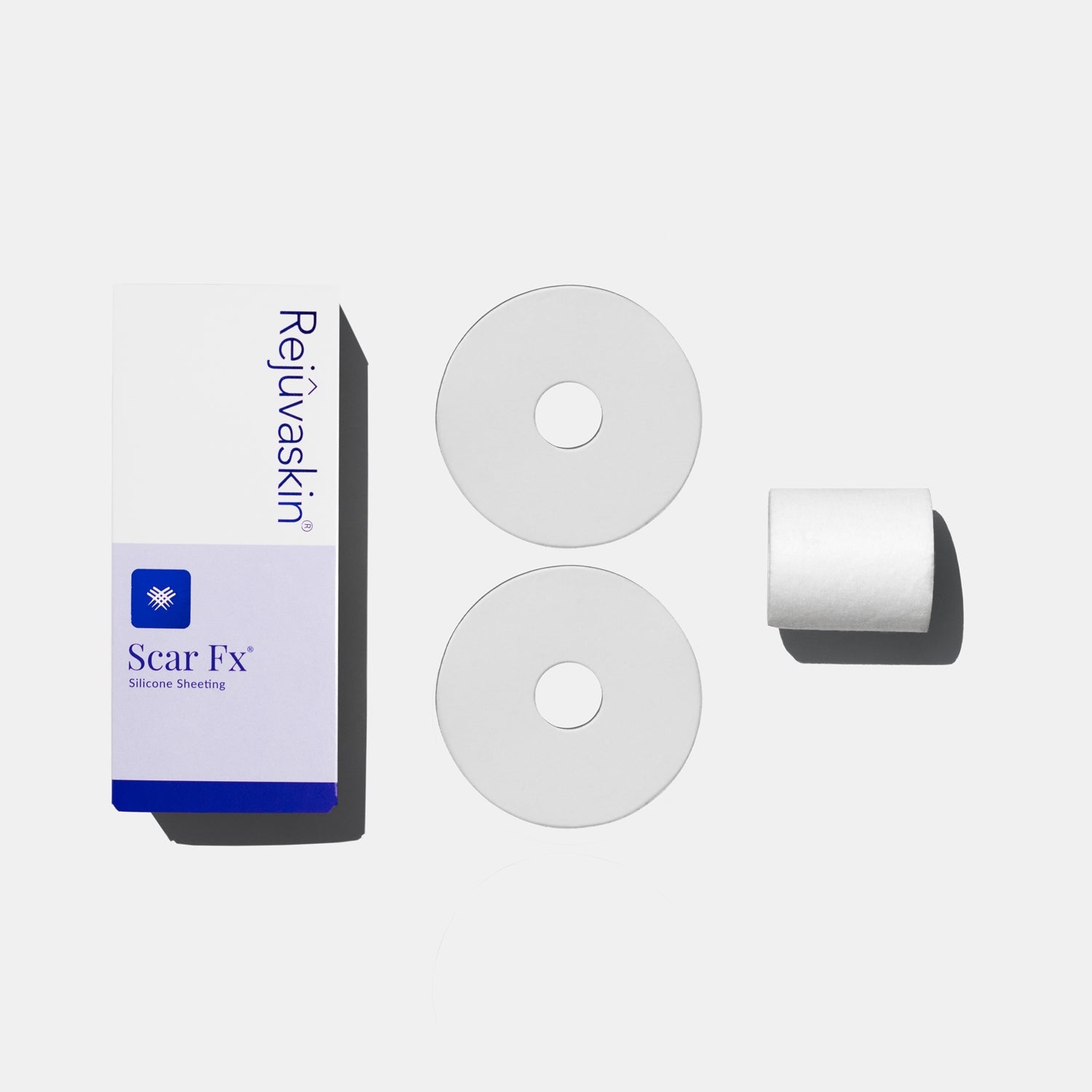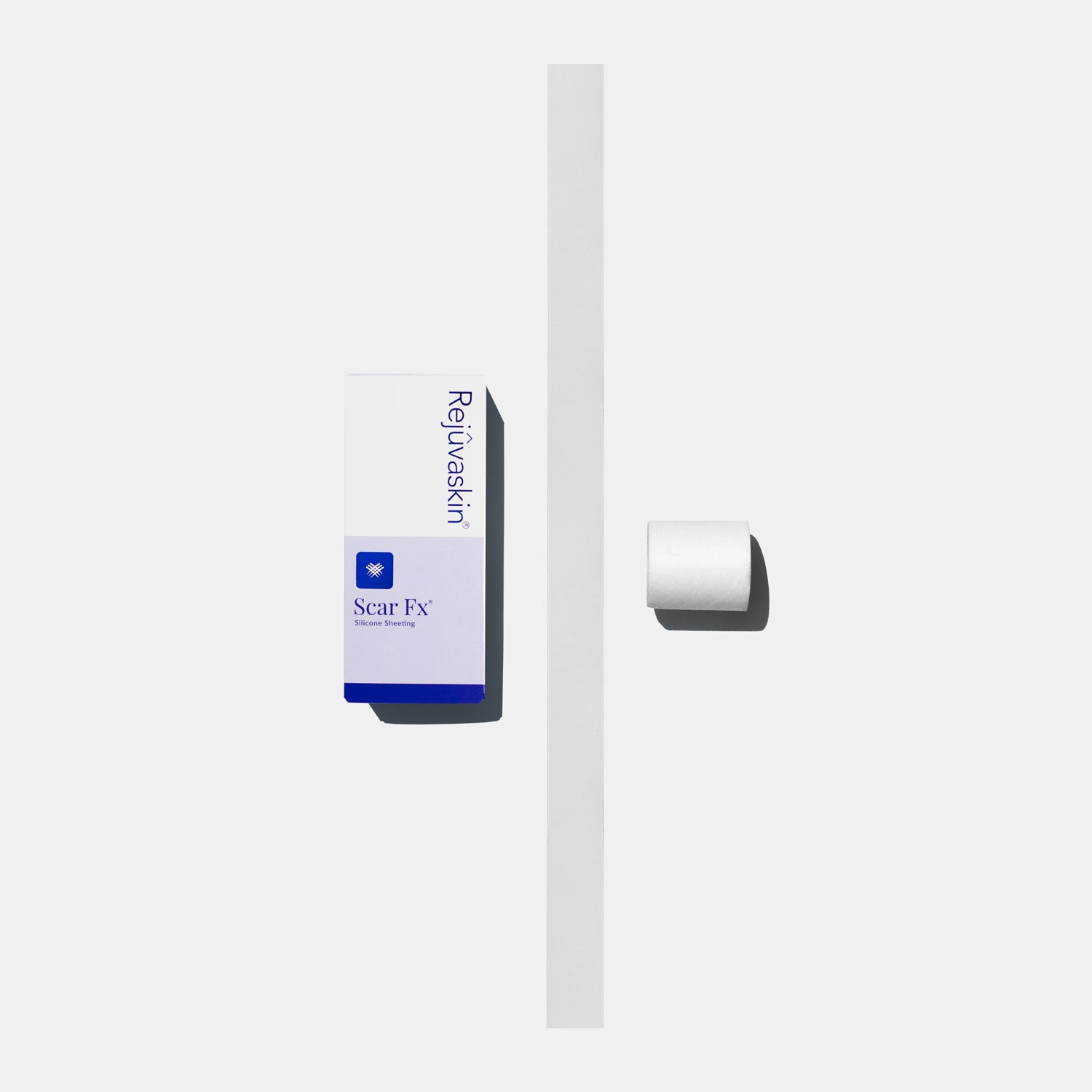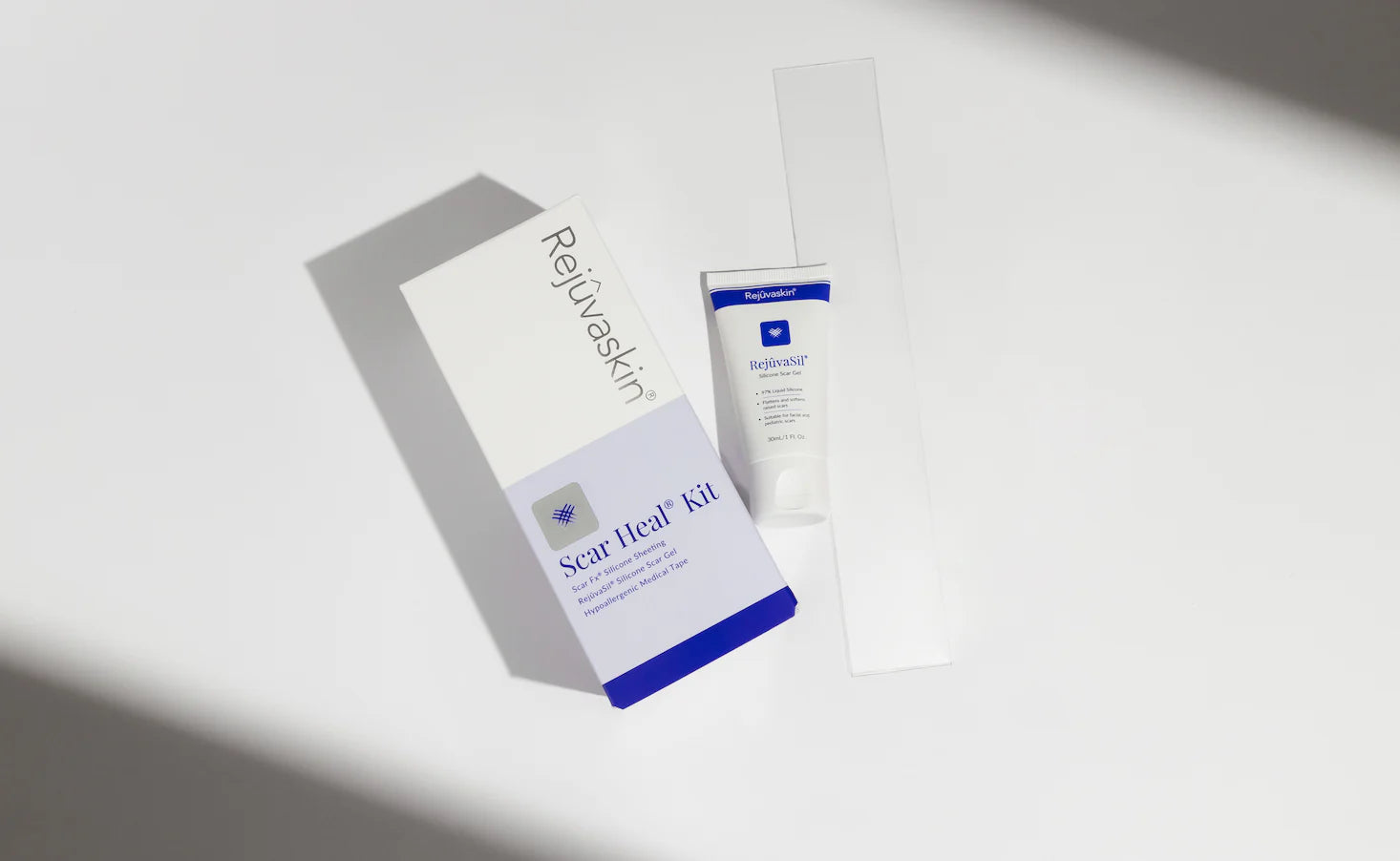Pick Your Scar Solution
- Scar Heal Kits
- Scar Fx Silicone Sheets
- Gels, Creams & Wraps
Frequently Asked Questions
How long do surgical scars take to heal?
The healing process typically takes several months, but scars may continue to mature and change for up to a year or longer. Initial healing usually occurs within 6-8 weeks, with gradual improvement in color and texture over time. Typically we say the healing window is within the first 2 years of your surgery.
How do I prevent keloids and raised scars from surgery?
Our main strategy Silicone.
Silicone creates an occlusive barrier over your healing scar site, preventing moisture loss, and therefore preventing the excessive collagen production that results in raised, textured, or keloid scarring.
How do I take care of my scar after surgery?
In the early stages after surgery, focus on keeping your scar clean and moisturized to promote healthy healing. Gently wash the area and apply a basic, unscented moisturizer.
Avoid picking at the scar as it forms, as this can cause irritation. Once your doctor approves, consider using silicone sheets or gel to improve the scar’s appearance and help keep it smooth and soft.
Should I use silicone gel or sheeting on my surgery scars?
Both silicone scar gel and silicone sheets are effective in scar treatment, but they work best when used together. This combination ensures continuous hydration and protection, leading to better overall results.
RejûvaSil is a clear, gel providing an occlusive barrier to keep your scar nourished throughout the day. Apply this to clean, dry skin 3x daily.
Silicone Sheeting provides more intensive treatment and typically used at night. Scar Fx can be worn for up to 10-12 hours max.
When can I start using silicone on my scars?
You must wait until your wound is fully closed before starting use of your silicone scar products, when your wound has begun the “maturation phase” of scar healing.
In short, this means your wound is no longer oozing, bleeding, scabbing, etc, which usually takes a few weeks. However if in doubt, we also suggest consulting your doctor to see if it’s time for scar treatment.
What size of silicone sheeting should I use for my scar?
Your silicone sheeting should roughly match the size of your incision, perhaps be slightly bigger. You can ask your doctor for the exact dimensions of your scar, and then pick the size of sheeting that fully covers the scar with a 1/4" margin around it.
For irregular shaped incisions, such as those for many breast procedures, we have several designs specially shaped for these unique incisions.
Real People, Real Results
Proven Results
Minimize post-surgical scarring with our physician approved scar solutions...
